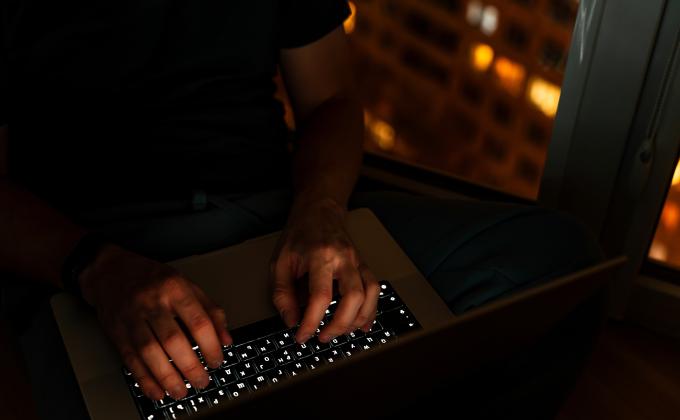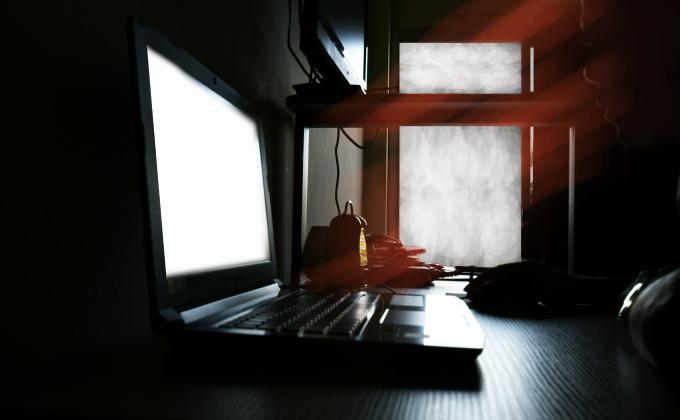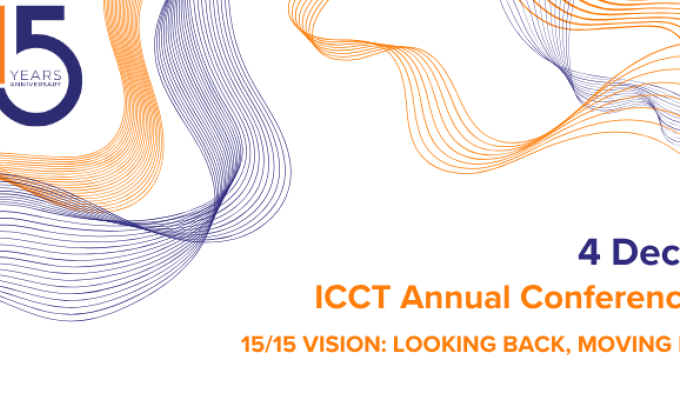As Malala Yousafzai lies in hospital in Peshawar, there has been global condemnation of her brutal shooting on Tuesday 9 October. The 14 year old girl was famed in Pakistan for writing a diary recording life under Taliban rule. In her writings she spoke out about the daily repression of the Taliban and her longing for basic human rights – such as going to school without fear. Sitting on her school bus on Tuesday afternoon she was shot in the head and neck with two other classmates also injured in the attack. In its aftermath, Tehrik-i-Taliban Pakistan (or the Pakistan Taliban as they are more commonly known) not only claimed the attack but defended it, with spokesman Ehsanullah Ehsan telling Reuters “She was pro-west, she was speaking against Taliban and she was calling President Obama her ideal leader. She was young but she was promoting western culture…”. The attack is not the first targeted assassination attempt undertaken by the group nor will it be the last - However its cruelty and deliberate targeting a of a young innocent woman has succeeded, in uniting most in Pakistan in agreement over its ruthlessness and unwarranted brutality. But what does the attack itself say about the state of the Pakistani Taliban and (support for) their tactics? Pakistani Journalist Nadeem Paracha tweeted on Tuesday: “Come on , brothers, be REAL MEN. Kill a school girl”, summing up the inanity of Malalas shooting and highlighting the desperate tactics the Tehrik-i-Taliban Pakistan (TTP) uses and their continued disregard for public opinion.
The TTP is an umbrella group of various Taliban factions operating mainly in the South Waziristan agency of the Federally Administered Tribal Areas (FATA) of Pakistan. With the main aim of removing foreign presence [ie. mainly the western non-Muslim secular presence] from Pakistan soil, the TTP calls for the restoration of Khilafat and the establishing of a Shariah based homeland. Ultimately, their key beliefs are anti-western and they vehemently condemn the US airstrikes within Pakistan. For their cooperation with the US, the Pakistani government is also regarded as ridda (apostate or non-Muslim), fasidah (corrupt rulers), corrupted by ghazw fikri (the enchantment of western ideas).
They first took over the Swat Valley, which borders FATA, in 2003 and gradually increased their presence there until militants largely controlled the area under a strict regime. Yousafzai began writing an anonymous blog for the BBC in 2009 describing the daily hardships that they had inflicted on the region. She spoke of the edict issued disbarring girls from attending school and the daily fear of walking the streets as a woman. Others also spoke of the daily beheading of the regime’s opponents. The country had almost become desensitised to this daily violence but Yousafzai’s shooting has re-ignited the widespread revulsion with which most Pakistani’s regard the Taliban regime.
Clearly, the attack on Malala Yousafzai has not gained the TTP any public sympathy or support for its violent methods. If an act of political violence is, above all, a message, than what is the message here? That the Taliban do not allow for dissenting opinions and social or political activism, not even from a 14 year old school girl? Although this, nor the killing of innocent people including children, is not new, the fact that they have singled out this brave, outspoken young girl and attempt to kill her does speak to their weakness and helplessness. Moreover, it further undermines any public support that they still enjoy. The last week has seen numerous rallies across the country – culminating in a demonstration of tens of thousands in Karachi on Sunday, reaching a similar size normally reserved for anti-American protests, such as last month’s violent protests against the US produced film “Innocence of Muslims”. Additionally, high-profile individuals such as army chief Gen. Ashfaq Parvez Kayani and cricket star and President Asif Ali Zardari have spoken out against the attacks, with the General condemning in a rare public statement the “twisted ideology” of the “cowards” who had attacked her.
Malala Yousafzai will survive and more brave young people will follow in the footsteps of the 14 year old peace activist. If the TTP really and seriously want to offer any alternative political solution to the public, they need to reconsider their violent tactics and the message that this sends to the people. At the same time, this sustained level of brutality and violence should move the Pakistani government and its allies to evaluate and synergise their approaches to dealing with the TTP, which now vary from strong repressive action to pandering to the extremists or using them as a foreign policy tool. This becomes all the more prominent due to the ongoing attempts to negotiate with the Taliban in order to facilitate the fading out of American troops. If anything good can come from Malala’s shooting it is the potential to listen to the outcry in Pakistan against the TTP and act upon it.








